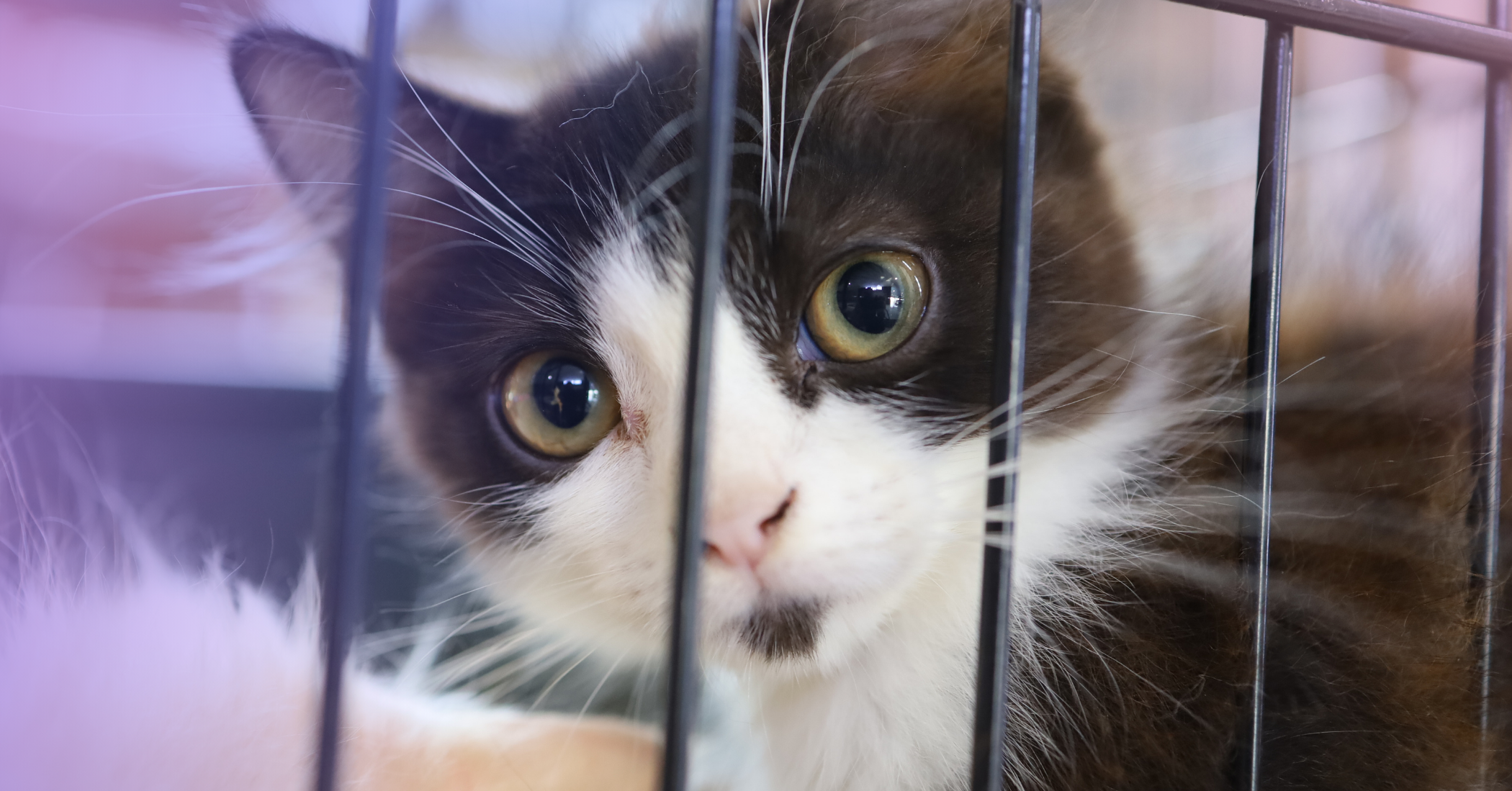
The Better Collaboration, Accountability, and Regulatory Enforcement (CARE) for Animals Act of 2023 – a federal, bipartisan bill that has been introduced in both the Senate (S. 2555) and the House (H.R. 5041) – has the potential to impact other-than-human animals trapped in laboratories.
Importantly, the Better CARE for Animals Act recognizes that the USDA has not been enforcing the AWA effectively . . . if at all.
Rather than establishing a new law, the Better CARE for Animals Act seeks to bolster the (potential for) enforcement of the Animal Welfare Act (“AWA”), the only federal law that applies any standards to the use of other-than-human animals for experimentation. From inception, the USDA has been the only government agency charged with administering the AWA inside laboratories, but it has never really done so (or even wanted to).
By way of limited example only:
- The USDA does not perform research facility inspections, as mandated by the AWA. The USDA’s Animal and Plant Health Inspection Service (“APHIS”) is charged with conducting yearly, unannounced inspections of all registered* research facilities for the purpose of ensuring facility compliance with AWA animal welfare standards; but recent figures show that APHIS has been inspecting only about 65% of registered facilities, with less than 17% of these inspections being unannounced. (*It’s important to note, too, that, because the AWA’s minimal standards only apply to less than 5% of all animals used for experimentation, the facilities registered with APHIS represent only a fraction of the animal experimentation landscape; and the USDA has advocated to keep it this way.)
- The USDA chooses not to penalize harm to other-than-human animals. For those it does inspect, APHIS fails to hold research facilities meaningfully accountable for animal welfare violations. On the rare instance it opts to record its violative findings, APHIS almost always issues only a “warning” to offending facilities; and, on the rarest of occasions when it doles out a financial penalty, APHIS almost always uses its discretion to reduce the penalty far below the statutory maximum – by both hardly ever issuing them and never maximizing their financial consequence, APHIS renders fines completely irrelevant as either a penalty for or deterrent to animal welfare violations. (APHIS fines are so paltry, in fact, that even the USDA’s Office of Inspector General itself has leveled public criticism against the USDA.)
- The USDA claims that it is able to meet its statutory mandatory with regard to AWA enforcement. When faced with the incontrovertible evidence that the USDA is not meaningfully enforcing the AWA, it is often asserted that the USDA is unable to do what needs to be done because it’s understaffed and underfunded. But, APHIS itself categorically refutes this, stating as recently as earlier this year that it “has sufficient resources to fulfill the mandates” of the AWA.
In the face of USDA indifference and impotence, the Better CARE for Animals Act seeks to bring in the DOJ.
The Better CARE for Animals Act is aimed at bolstering AWA enforcement by bringing in the Department of Justice (“DOJ”) – more specifically, this bill would 1) ensure that the DOJ has the same enforcement authority (pursuant to the AWA) as does the USDA and 2) grant the DOJ the authority to seize and remove animals suffering from violations of the AWA. (Records suggest that, in the face of USDA stumbling, the DOJ proved instrumental in getting the 4,000 beagles out of Envigo last year.)
At its core, then, the Better CARE for Animals Act is the federal government’s admission that the welfare of other-than-human research subjects is not even being minimally safeguarded, and this is important for the public to understand.
Whether this bill would meaningfully improve the welfare of other-than-human animals in labs is unknown, and it leaves in place both the AWA’s completely minimal animal welfare standards and the USDA’s role as the primary (and, in practice, almost exclusive) enforcer of the AWA. Yet, in an indirect way, this bill would seem to codify the USDA’s – and, therefore, the federal government’s – failure to protect animals in labs, and this is hugely important because many Americans support animal experimentation on the assumption that animal welfare is being ensured.
Make no mistake: the only real and ethical way to care for other-than-human animals in labs is to set them free – they should never be used as means to human ends, regardless of their “welfare” during such use.
But, we won’t oppose a bill predicated on legislators’ admissions that the welfare of animals in labs is not being looked after even minimally at present, and we won’t oppose the possibility of getting more eyes on the other-than-human victims of American “science”.